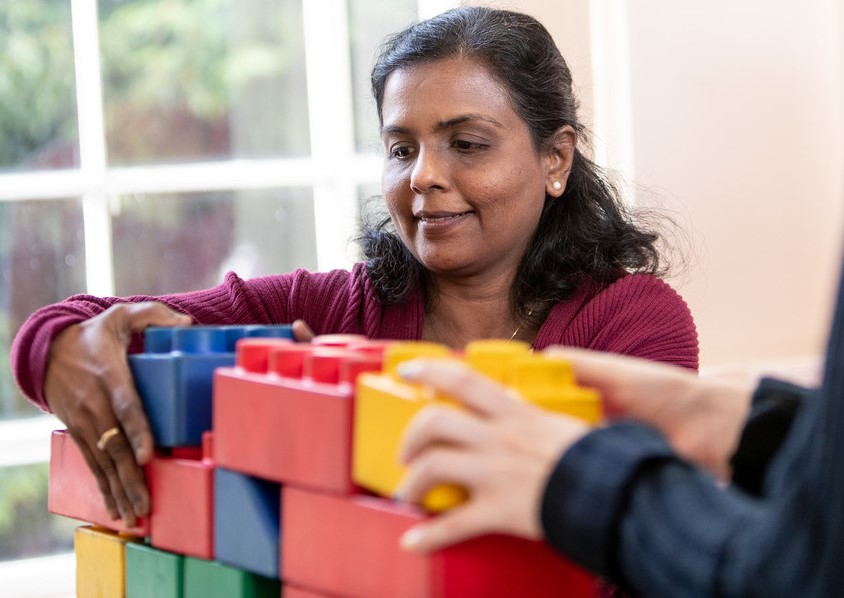Relational Approaches to Supporting Behaviour (Short Course)

Behaviour in settings/schools is high on the government’s agenda (DfE, 2024). However, it is clear that many of the approaches being adopted to manage behaviour are less than effective and may be exacerbating the underlying causes of behavioural issues, rather than helping to resolve them.
Whitaker (2021) proposes that in an education system that too often reaches for the carrot-and-stick approach to dealing with poor pupil behaviour, an approach built on kindness and compassion might prove more effective. The idea Whitaker discusses is that relationships should be at the heart of behaviour management and culture.
This course will introduce participants to the concept of relational pedagogies and will explore the significance of positive relationships in supporting behaviour and building a positive climate for learning.
What You'll Study
In this short course you will examine the connection between behaviour and interpersonal relationships. You will explore how social contexts, communication patterns, and emotional connections influence behavioural outcomes.
The curriculum includes the study of theories and models related to relational pedagogies, social and emotional development, and social learning. Through a blend of theoretical insights and practical applications, you will learn to create supportive environments that promote healthy behavioural development and address behavioural challenges at their roots.

How we teach at the University of Chester
The teaching methods for this course include a combination of interactive lectures, group discussions, and hands-on workshops to facilitate a deep understanding of relational approaches to supporting behaviour. Students will engage in case study analyses, and reflective discussions to apply theoretical concepts to real life situations.
Entry Requirements
This postgraduate level short course will benefit anyone with an interest in supporting children and young people’s behaviour.
You will ideally have:
- A bachelor's degree or equivalent.
- Experience working in either a formal or informal education setting.
Please note:
If you do not meet the academic requirements detailed above but have at least 3 years of relevant work experience and have evidence of recent study or professional development (to demonstrate an ability to study at Level 7) we may consider your application.
In addition, for International Students: Minimum requirement IELTS level 6.5
Fees and Funding
TBCfor the full course
This short course costs TBC.
TBCfor the full course
This short course costs TBC for international students.
Your course will involve additional costs not covered by your tuition fees. This may include books, printing, photocopying, educational stationery, and related materials.
Job Prospects
Completing this course will enhance your career by equipping you with advanced skills in relational approaches to supporting behaviour. You will gain expertise in fostering positive relationships and addressing behavioural issues at their core, making you a valuable asset in a wide range of both formal and informal educational settings.
Your ability to apply evidence-based strategies and practical solutions will distinguish you as a professional capable of creating supportive, effective environments, thereby improving outcomes for individuals and settings.

.jpeg)

